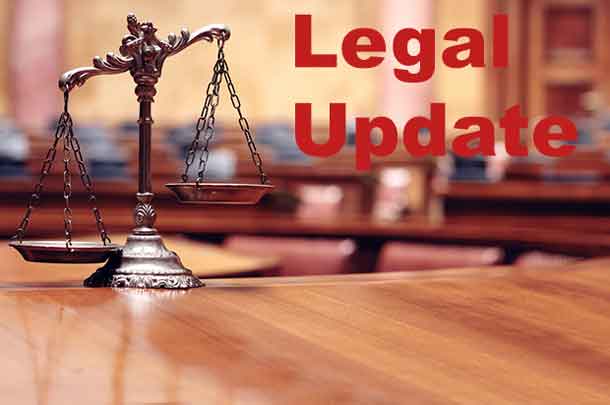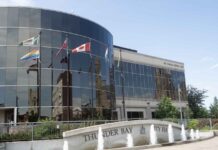TORONTO – Indigenous peoples and racialized communities, among other groups, are calling for the removal of statues of historic figures who are perceived as colonizers, slave owners, or who advanced racist policies. Similar calls are being made to rename roads, schools, government buildings and other institutions named for the same reasons. Affected groups have described these displays as symbols of oppression, cultural genocide and intergenerational trauma.
The Ontario Human Rights Commission (OHRC) is developing a new policy statement on the discriminatory display of names, words and images, and wants to hear from the public about this quickly-evolving issue.
These concerns are not new. For some time now, the OHRC has heard about the display of derogatory names, words and images, such as:
- The name of a street, building or landmark
- The name, logo or mascot of a group or organization
- Commemorative days, events, statues and plaques.
In 2018, the OHRC helped settle the case of Gallant v Mississauga, requiring that city to remove from its sports facilities all Indigenous-themed mascots, symbols, names and images related to non-Indigenous sports organizations. The OHRC then wrote to municipalities across Ontario to promote broader compliance with the settlement. In 2020, the OHRC commented on the issue of renaming “Colonization Road” in Fort Frances, and the potential implications under the Ontario Human Rights Code (Code).
Human rights law has found that images and words that degrade people because of their ancestry, race, colour or ethnic origin may create a poisoned environment, amount to a denial of service, and violate the Code. To clarify the scope of people’s rights and responsibilities, the OHRC is developing a policy statement that focuses on service providers’ legal obligations to prevent and address discrimination against Indigenous peoples, racialized communities and potentially other Code-protected groups in situations that involve the display of derogatory names, words and images.
“What’s in a name? Often, everything,” said OHRC Chief Commissioner Patricia DeGuire. “We continue to hear about communities disturbed by the name of a street, a sports team, a building or a monument. This policy statement is being designed to help foster better understanding of the human rights issues involved, and to prompt communities to work together in a respectful way to overcome these issues.”
The proposed content for this policy statement is available online. All Ontarians are invited to provide their input by completing an online survey or writing to surveys@ohrc.on.ca by October 22, 2021.







